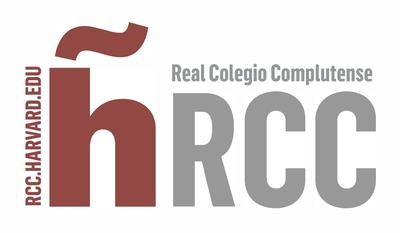Co-Chairs: José Manuel Martínez Sierra (Director of the RCC, Jean Monet ad personam Professor in EU Law and Government) and Rodrigo Cetina Presuel (Visiting Researcher at the Institute of Global Law and Policy at Harvard Law School)
Globalization has significantly changed the conditions by which States are governed. In fact, the concept of sovereignty, inherited from the Treaty of Westphalia in 1648, allowed the recognition of non-interference by foreign powers, configuring a space in which all policies were created and managed by sovereign States. Only the Jus gentium could reduce the States’ capacity to act. Nevertheless, since the end of World War II, governance structures evolved to a complete reconfiguration of State power. The new system of economic integration, created by the European Coal and Steel Community in 1952 and the European Economic Community in 1957, clearly sets a good example of this evolution. In this sense, reshaping the European structures has led to two outcomes: on the one hand, increasing the number of States and, on the other hand, strengthening administrative structures of integration. Since the Single European Act in 1986, the following amending treaties of the present European Union until the current Lisbon Treaty have intensified internal links at the expense of the States.

Similarly, the creation of regional systems in Latin America has modified the structures of global governance developed in the context of the economic globalization. Major changes were so abundant that it was claimed that “economic activities require interrelation mechanisms in five levels, although the type and means of regulation are different in all of them”. These five levels allow differentiating among:
a) Governance through multilateral agreements by the major developed nations, such as the G-7.
b) Governance through agencies composed of a considerable amount of States in charge of managing specific areas, such as the World Trade Organization or the International Monetary Fund.
c) Regional systems of economic integration, such as the European Union or the area comprised within the Free Trade Area.
d) The public administration of the national States.
e) Regional and local intranational systems whose mission is to provide with collective services to both the population and the commercial districts.
Throughout this research project, we focus on the third group related to regional systems of economic integration addressed to a very specific territorial area, Latin America.

